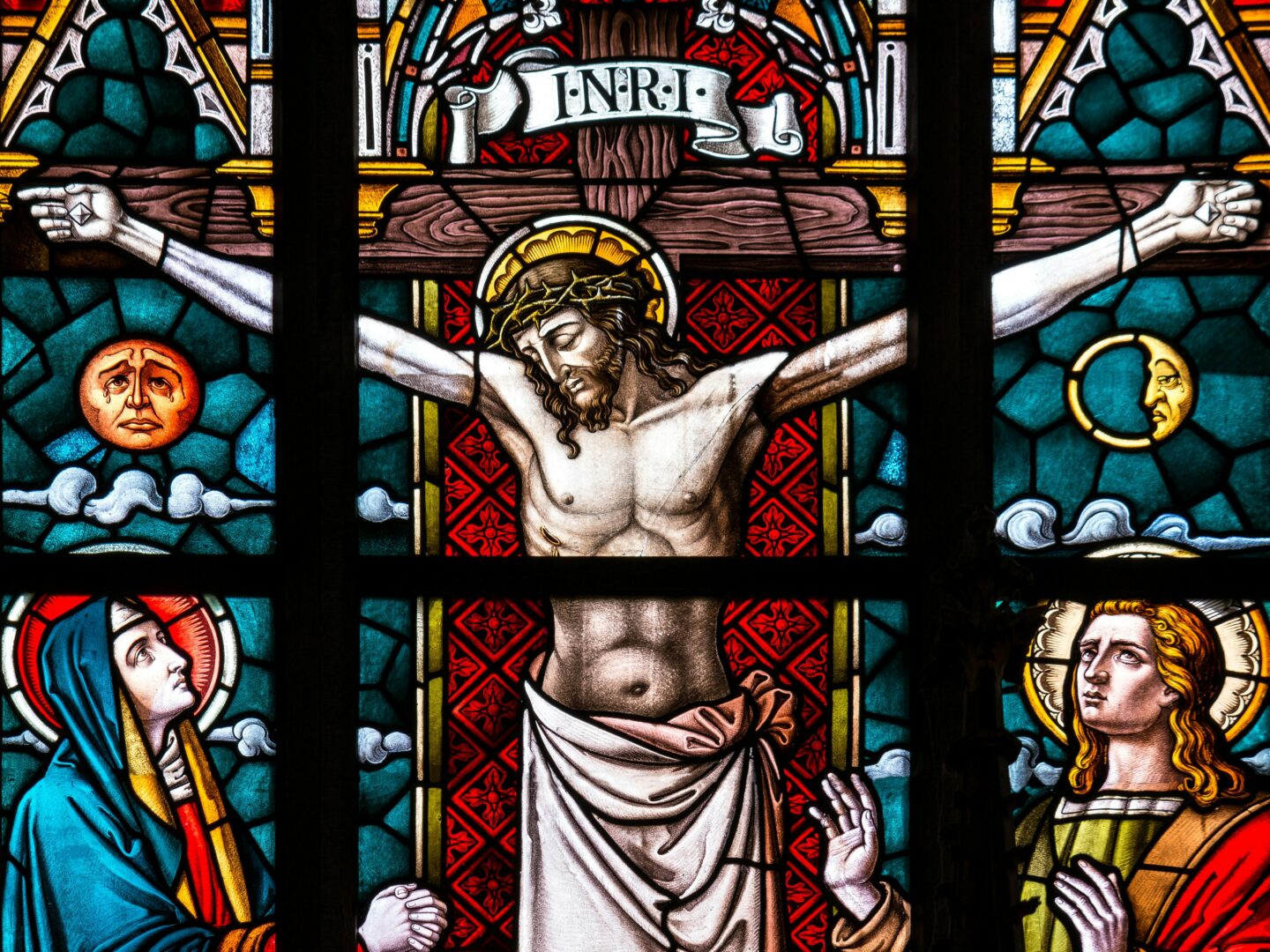White evangelical voters just aren’t as predictable as they used to be.
That’s the news out of Iowa – and it’s bound to be reflected in Republican primary results all over the country.
The most interesting poll data from the Iowa caucuses are these: Mitt Romney won in the cities. Rick Santorum won in the rural areas. In Iowa, where the vast majority of voters qualify as “white evangelicals,” these results can only mean one thing. Conservative Christians who reside in urban areas may have been taught in Sunday school that the Church of Jesus Christ of Latter-day Saints is a heretical sect, but they’re willing to look beyond those teachings and cast a vote for a Mormon who was once pro-choice. Their brothers and sisters who reside in the country are not. Because nearly 80 percent of Americans live in or near cities, that’s very good news for Romney.
It wasn’t long ago that the people who ran political campaigns knew where white evangelicals lived and what they stood for. They lived in a place called the “Bible Belt” (the southeast, extending west through Texas), and they hated abortion. It was, therefore, easy to knock on their doors, visit their churches, befriend their pastors and mobilize their votes.
These white, Christian, antiabortion voters were “worth their weight in gold,” antiabortion lobbyist Marjorie Dannenfelser once told me, for they were among the most zealous of one-issue voters. They would stand in the rain, raise money and pass out leaflets for antiabortion candidates they supported. They helped usher in the Ronald Reagan era, thanks in large part to the efforts of Jerry Falwell and his Moral Majority. Twenty-four years later, Karl Rove produced 4 million white evangelical votes to help George W. Bush win a second term.
But much has changed since 1980. While mainstream pundits continue to imagine evangelicals as a cartoonish demographic and wring their hands over their potency — “Whither the White Evangelicals’ Candidate?” wrote the Huffington Post recently — the evangelicals themselves have moved on.
Following the same path as American Catholics and Jews and other once-insular groups before them, conservative Christians have joined the world. “Their civic engagement has become increasingly sophisticated and broad-gauged,” says Ralph Reed, founder of the Faith and Freedom Coalition, although he adds, “I think they were always more sophisticated than people gave them credit for.”
Thanks in part to Falwell, who encouraged education and political engagement in the name of God, evangelicals — along with other Americans — went to college over the past three decades in unprecedented numbers. They found jobs in America’s cities. (Some of the most visible evangelical ministers in America these days pastor churches in places one didn’t used to associate with evangelicals: New York, Seattle, St. Louis, Minneapolis.)
They made friends with their roommates and colleagues and neighbors who were Jews and Muslims and Mormons and atheists. Many of them grew rich. According to data by the Barna Group, a California-based polling outfit, more than a third of practicing Christians in the District, Austin, San Francisco, Philadelphia and Richmond earn more than $75,000 a year.
The result has been a growing flexibility in the political opinions of urban Christians — although very few would go so far as to call themselves liberal. Many retain a strong evangelical identity as well as a passionate commitment to antiabortion principles, but urban evangelicals are more accepting of religious and cultural differences.
“In these more pluralistic settings,” explains David Kinnaman, Barna’s president, “there tends to be increasing interaction with people of various faith commitments. In order to make those relationships work, evangelicals need not to make as big a point about differences.”
All of this should be a comfort to Romney, because another quality of urban Christians is political pragmatism. “They’re a little less strong in traditional values, and a little more aware of the competitiveness of presidential campaigns,” says John Green, a political scientist at the University of Akron. “They may not see Romney as the best candidate, but they may believe he has the best chance to beat Obama.”
So although pundits continue to pontificate on whether evangelicals will be able to vote for a Mormon, urban evangelicals answered the question for themselves four years ago. Barna data from the 2008 primaries prove the point: “The more urban they were, the more coastal they were, the less evangelicals saw Romney’s Mormonism as a barrier,” says Kinnaman.
